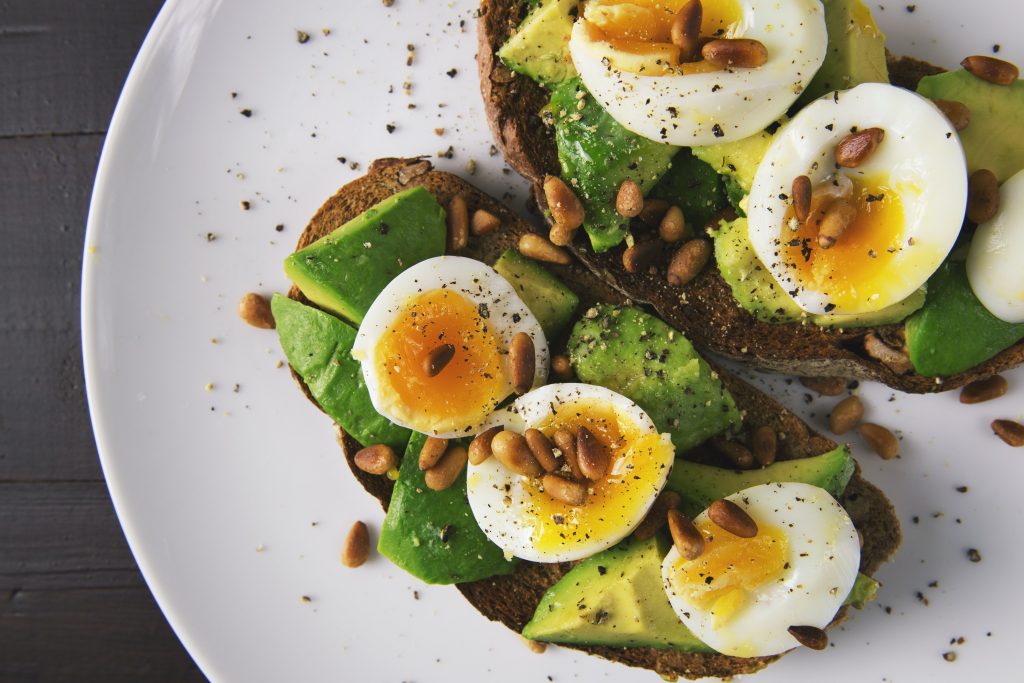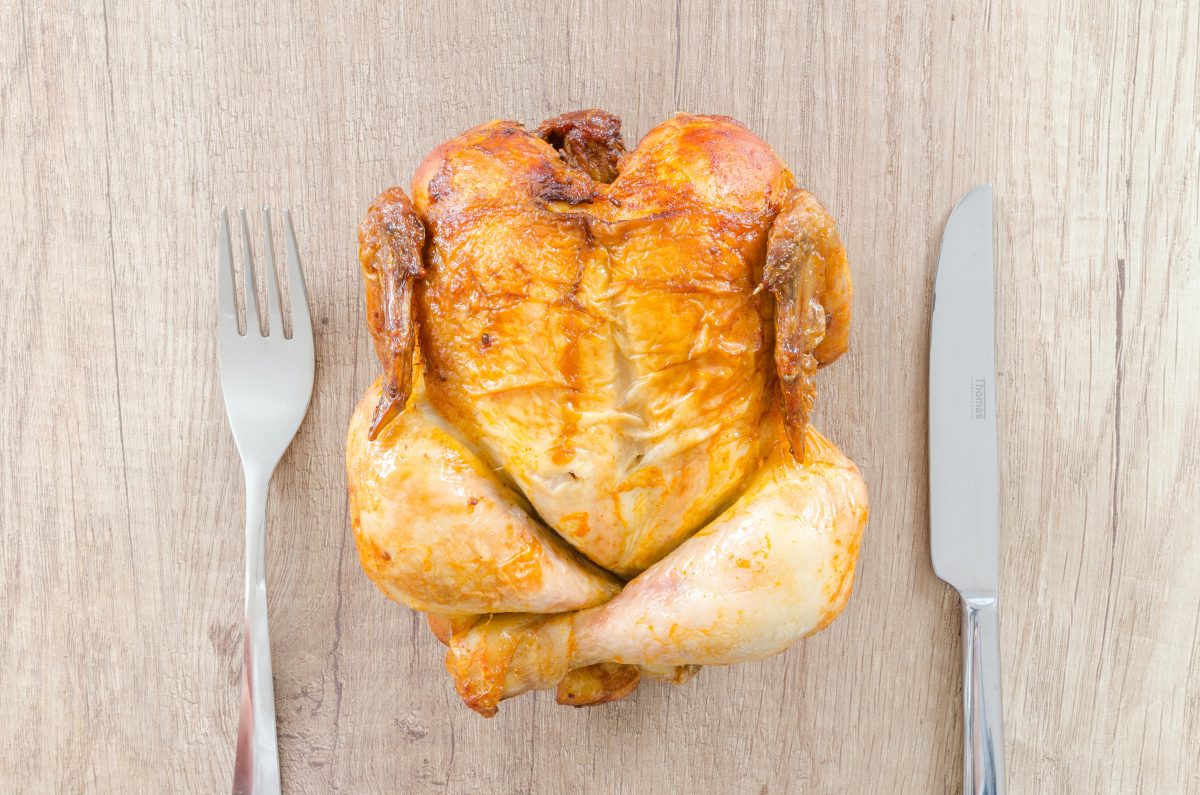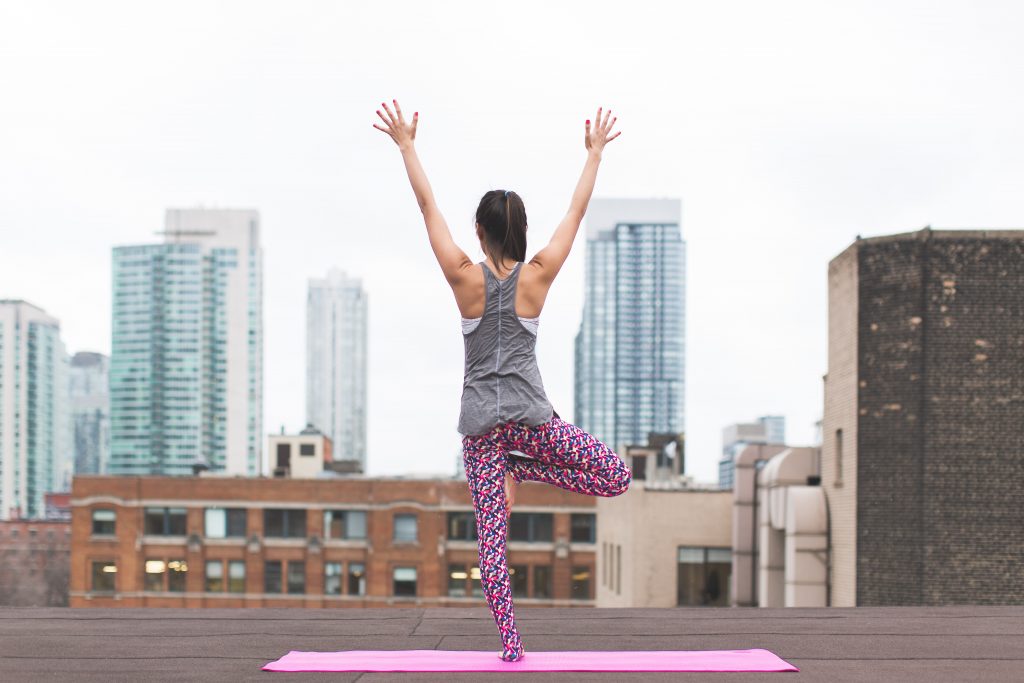Many vitamins and supplements contain nutrients that are beneficial for overall health and weight loss, but can they lead to side effects such as bloating?

Supplementing with vitamins can help you with your diet, especially if you are lacking in some nutrients from your daily foods in your weight loss journey. But sometimes the same vitamins that are supposed to help increase overall health can also have some unpleasant side effects. Let’s take a look at some vitamins that can cause bloating, some that can relieve it and considerations you should take if you are supplementing with vitamins or minerals.
What are Vitamins?
Vitamins are organic compounds, or micronutrients, needed in small amounts in the human body, not just for weight loss but many other functions as well. Many vitamins can come from food but some come from other sources. For example, vitamin D can and generally needs to be absorbed from sunlight because there is not enough of a quantity in food we eat. Likewise, you may need to supplement if you find that you are deficient in a vitamin and the food you eat isn’t supplying enough. The best way to figure out if you are deficient in a specific vitamin is to see your doctor and have some testing done to determine. There are 13 known vitamins and they are classified as either water soluble or fat soluble. Fat soluble vitamins are more easily stored in the body than water soluble vitamins. (Source: Medical News Today).

Can Vitamins Cause Bloating?
Many vitamins do not tend to cause bloating but there are some instances where bloating can occur, which can be incredibly frustrating and uncomfortable during a weight loss journey. Multivitamins, especially those containing iron can cause mild discomfort and gas or bloating. Supplements containing fiber can create excess gas, as the body may not be accustomed to the level of fiber being ingested. Another reason you may be experiencing gas or a bloated feeling could be due to constipation, as some studies have shown links to vitamins and GI discomfort or constipation. (Source: livestrong.com)
Vitamin D
Recent studies have shown a link between vitamin D and bloating. Vitamin D, also known as the sunshine vitamin, is found in fatty fishes such as salmon and tuna or fortified foods such as cereals. But since it is not prevalent enough in foods we eat, supplementation is often necessary. Even those who live in sunnier climates tend to be deficient in vitamin D and can find it helpful to supplement. But in some cases, vitamin D can lead to bloating and gas or uncomfortable side effects. Vitamin D is a fat soluble vitamin, which means it is stored in fat cells in the body. Ingesting too much vitamin D over a long period of time leads to gastrointestinal side effects and can also lead to frequent urination, unexplained weight loss, weakness, damage to the kidneys, heart or blood vessels. (Source: livestrong.com) You should definitely check with your doctor if you feel you are ingesting too much vitamin D or experiencing some of these uncomfortable symptoms. Visit our blog for more information on the benefits of vitamin D and other nutrients on the immune system.

Are There any Vitamins that can Help with Bloating?
There are some vitamins shown to help with bloating. Vitamin B-6 can help as a diuretic to help reduce bloating from water retention. Calcium may also help with bloating but you may want to take with magnesium in order to reduce the chances of constipation. In any case, increasing your water consumption can always help with reducing bloating and water retention in the body, as well as aid in weight loss and your diet plan. Aim to get half your body weight in ounces at the minimum. Water can help with many other functions in the body, so drink up!
Making sure that you are getting the proper levels of nutrients (not too much or too little) is very important in overall health and wellness, as well as your diet plan and fitness program. If you notice regular symptoms that could be caused by vitamin deficiency or uncomfortable gastrointestinal side effects from vitamins, be sure and check with your doctor. And if you have any questions along your journey, the SureFiz website can be a valuable tool. We have workout plans, diet plans, recipes and more!

























